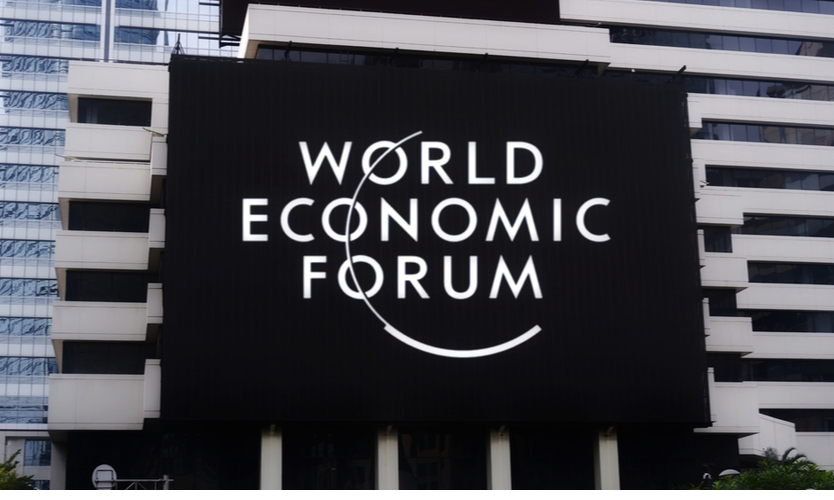AI-driven misinformation, extreme weather among top global risks: WEF
- August 22, 2025
- Posted by: Web workers
- Category: Finance

Misinformation and disinformation driven by artificial intelligence pose the most severe global risk in the next two years, while extreme weather and critical change to earth systems are the greatest long-term concerns, according to the World Economic Forum’s Global Risks Report 2024, published Wednesday.
The report, based on a survey of nearly 1,500 global risk experts, policymakers and business leaders, said cooperation on urgent global issues could be in increasingly short supply, requiring new approaches to addressing risks.
Concerns over a persistent cost-of-living crisis, the risks of AI-driven misinformation and disinformation, and societal polarization dominate the outlook for 2024, the report found.
Widespread misinformation and disinformation could undermine the legitimacy of newly elected governments, the WEF said in the report.
Resulting unrest could range from violent protests and hate crimes to civil confrontation and terrorism, the report said.
Nearly 3 billion people are expected to head to the polls in the next two years, including in the U.S., Bangladesh, India, Indonesia, Mexico, Pakistan and the United Kingdom.
“An unstable global order characterized by polarizing narratives and insecurity, the worsening impacts of extreme weather and economic uncertainty are causing accelerating risks – including misinformation and disinformation – to propagate,” Saadia Zahidi, managing director of the WEF, said in a statement.
The report was produced in partnership with Marsh & McLennan Cos. Inc. and Zurich Insurance Group Ltd.
Environmental risks continue to dominate the risk landscape. Extreme weather was selected by some 66% of global risk experts as the top risk for 2024, the report said.
Extreme weather events ranked as the second most serious risk in the short term and the greatest risk in the long term, according to the report.
Most environmental risks, including critical change to earth systems, biodiversity loss and ecosystem collapse, natural resource shortages and pollution, rank in the top 10 for the next decade.
Global experts disagree on the urgency these risks pose, however. Private sector respondents see these risks as top concerns over the long term, while civil society or government respondents prioritize these risks over shorter timeframes, the report said.
“This dissonance in perceptions of urgency among key decision-makers implies suboptimal alignment and decision-making, heightening the risk of missing key moments of intervention, which would result in long-term changes to planetary systems,” the WEF said in the report.
Cooperation will come under pressure in the fragmented, in-flux world, but there are key opportunities for action internationally, locally, individually and collaboratively, that can significantly reduce the impact of global risks, the WEF said in the report.
“Localized strategies are critical for reducing the impact of global risks. The individual actions of citizens, countries and companies can move the needle on global risk reduction,” John Scott, head of sustainability risk, Zurich Insurance Group, said in the statement accompanying the report.



